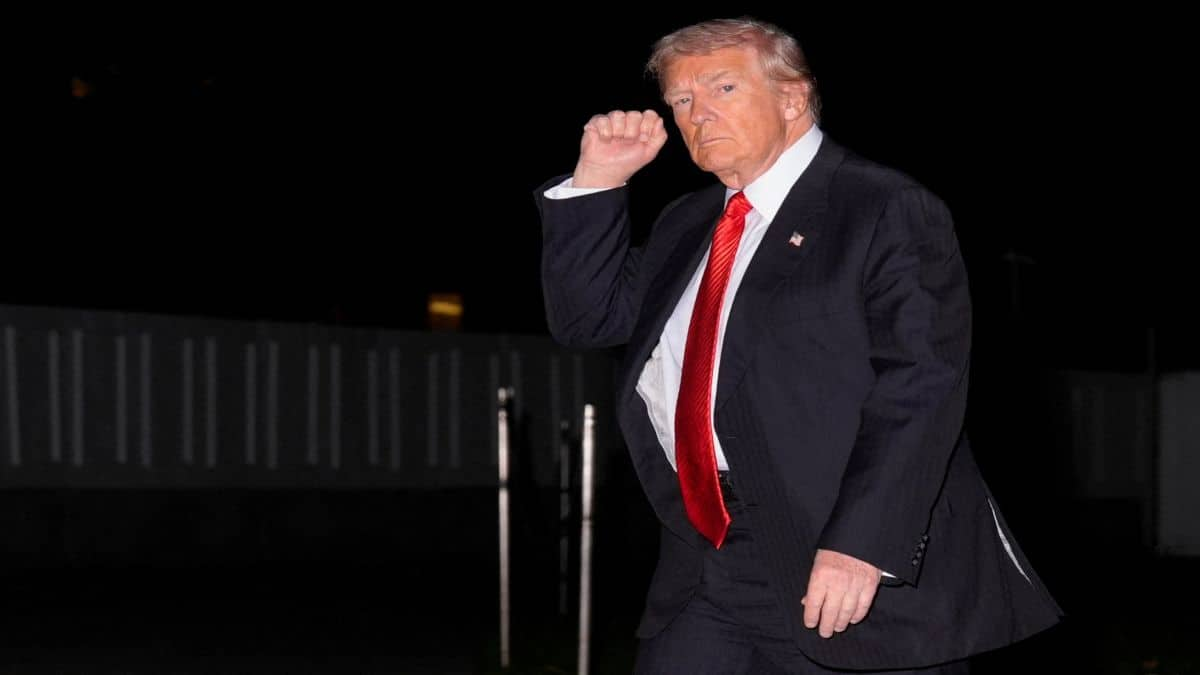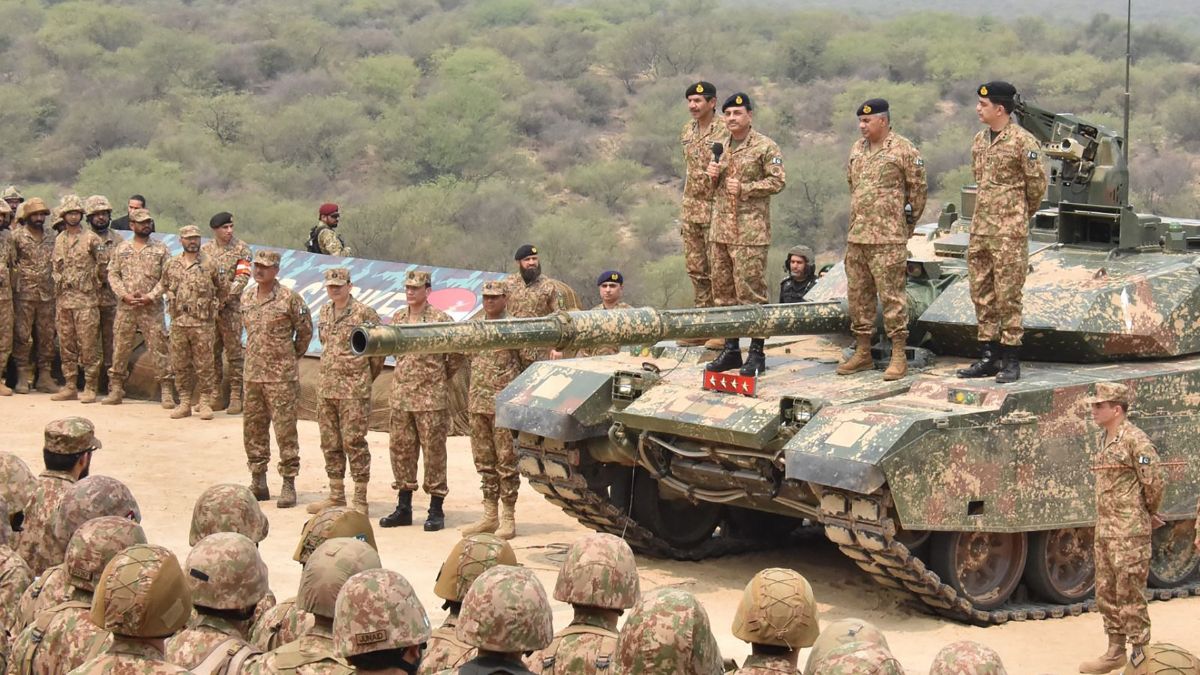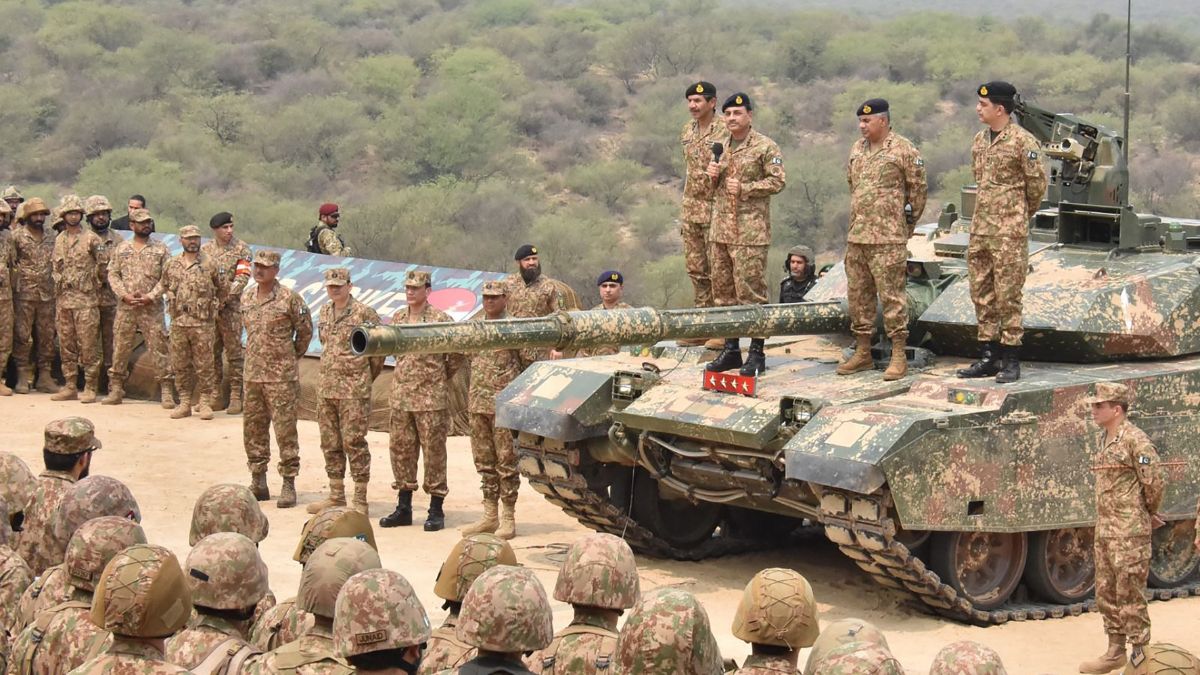Poland’s Defence Ministry has announced plans to launch a new nationwide military training initiative this month as part of an ambitious effort to train around 400,000 people by 2026, according to a Reuters report.
The move comes amid heightened regional security concerns following Russia’s invasion of Ukraine.
Described by Defence Minister Władysław Kosiniak-Kamysz as “the largest defence training in Polish history,” the programme titled “At Readiness” aims to strengthen both civilian and military preparedness.
The voluntary initiative will be open to all citizens, including school students, working professionals, companies, and senior citizens.
Participants will undergo a range of training modules, covering basic security, survival skills, medical preparedness, and cyber-hygiene.
“In November and December alone (…) we will train about 20,000 people in individual training, but the total number…, in terms of all forms of training, is about 100,000 people,” Reuters quoted Deputy Defence Minister Cezary Tomczyk as saying at a conference.
Poland, which now allocates a larger share of its GDP to defence than any other Nato member, has rapidly expanded its military to 216,000 personnel, making it the third-largest armed force in the alliance.
The government plans to further increase troop numbers by nearly a third over the next decade, reinforcing its position as a key regional security player.
The ministry plans to train around 400,000 people next year through a range of initiatives, including individual and group training, the “Education with the Army” programme, reserve exercises, and voluntary compulsory military service, Tomczyk added.
Impact Shorts
More ShortsAccording to General Wiesław Kukuła, Chief of the Polish General Staff, the programme is designed with two key objectives: to strengthen the resilience of citizens and communities and to enhance the readiness and capacity of military reserves.
Originally announced in March by Prime Minister Donald Tusk, the initiative aims to build a robust army of reservists and reinforce national defence capabilities amid ongoing security challenges following Russia’s invasion of Ukraine.
With inputs from agencies


)

)
)
)
)
)
)
)
)



